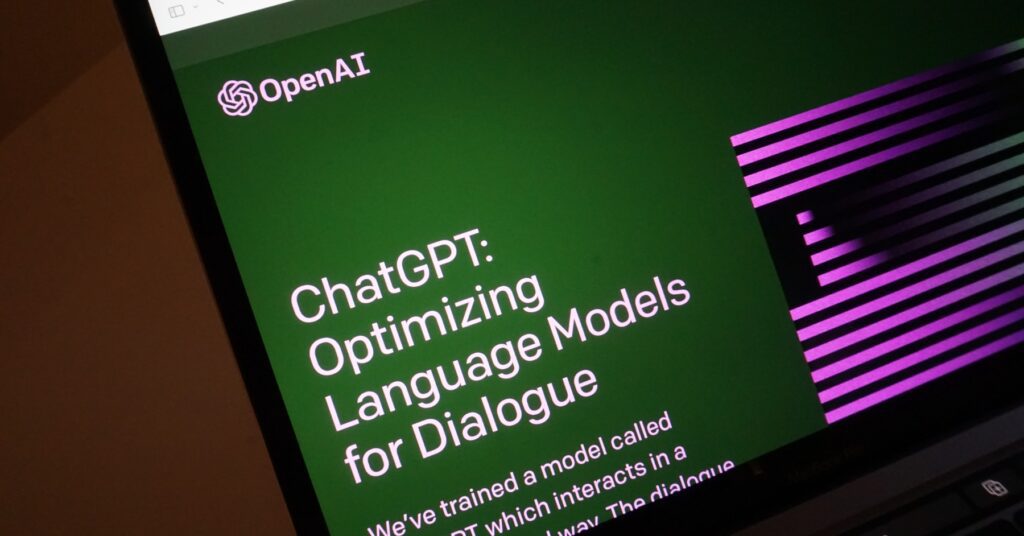Jump to Sections
As AI booms, global regulators start to stir
Data privacy is a critical issue in the age of AI, as AI systems are increasingly being used to collect and process personal data. Japan and the European Union are two of the world’s leading economies, and they are also at the forefront of the global debate over data privacy in the age of AI.

Japan’s Watchful Eye
According to a report by Reuters, Japan, the 3rd biggest source of visitors to OpenAI’s site, is wary about privacy risks. The nation’s watchdog agency has issued a caution to OpenAI, the Microsoft-backed startup, against the collection of sensitive data without explicit permission.
Global Regulatory Trends
This incident reflects a broader global trend towards more stringent AI regulation, with data protection measures gaining momentum.
OpenAI CEO Sam Altman warns of the potential risks AI can pose, such as manipulating voters or spreading disinformation, and suggests a licensing regime for companies working on powerful AI systems. Altman described AI’s current boom as a potential ‘printing press moment’, highlighting the need for safeguards. He spoke of the risks of powerful AI models, indicating the necessity of government intervention.
Meanwhile, the European Union is advancing towards implementing the AI Act, one of the first major global laws controlling AI use.
The proposed legislation, the Artificial Intelligence (AI) Act, focuses primarily on strengthening rules around data quality, transparency, human oversight, and accountability. The proposed rules aim to provide AI developers, deployers, and users with clear requirements and obligations regarding specific uses of AI. The proposal seeks to reduce administrative and financial burdens for businesses, particularly small and medium-sized enterprises (SMEs).
The EU’s regulatory proposal is part of a wider AI package that includes an updated Coordinated Plan on AI. Together, the Regulatory Framework and Coordinated Plan will guarantee the safety and fundamental rights of people and businesses when it comes to AI. They will also strengthen uptake, investment, and innovation in AI across the EU 3.

The Importance of Data Privacy in the Age of AI
Data privacy is essential in the age of AI, as AI systems are increasingly being used to collect and process personal data. AI systems can be used to track our movements, monitor our online activity, and even predict our behavior. This data can be used for a variety of purposes, both good and bad.
For example, AI systems can be used to personalize our online experiences, improve the accuracy of medical diagnoses, and develop new products and services. However, AI systems can also be used to discriminate against people, target them with unwanted advertising, and even manipulate their behavior.
Japan and the European Union are two of the leading voices in the global debate over data privacy in the age of AI. Both regions are taking steps to develop new regulations to protect consumers, and their efforts are likely to set a trend for other countries to follow.
The regulatory rumblings follow growing concerns about AI’s societal impacts, including:
- Job displacement
- Algorithmic bias
- Data exploitation
- Misinformation spread
Conclusion
While AI hype is hitting a fever pitch, policymakers are suggesting the brakes may be tapped soon.
And their actions could determine whether AI innovation remains a Wild West or follows a more controlled path. Countries like Japan and EU nations will likely push for guardrails.
Key Takeaway
Japan’s privacy watchdog has cautioned OpenAI, the creator of ChatGPT, about collecting sensitive data without explicit permission. This development reflects the growing scrutiny of data privacy in the AI domain. Simultaneously, the European Union is spearheading AI regulation efforts, setting a trend for global data protection measures. Striking a balance between innovation and privacy is crucial in the evolving landscape of AI governance.






